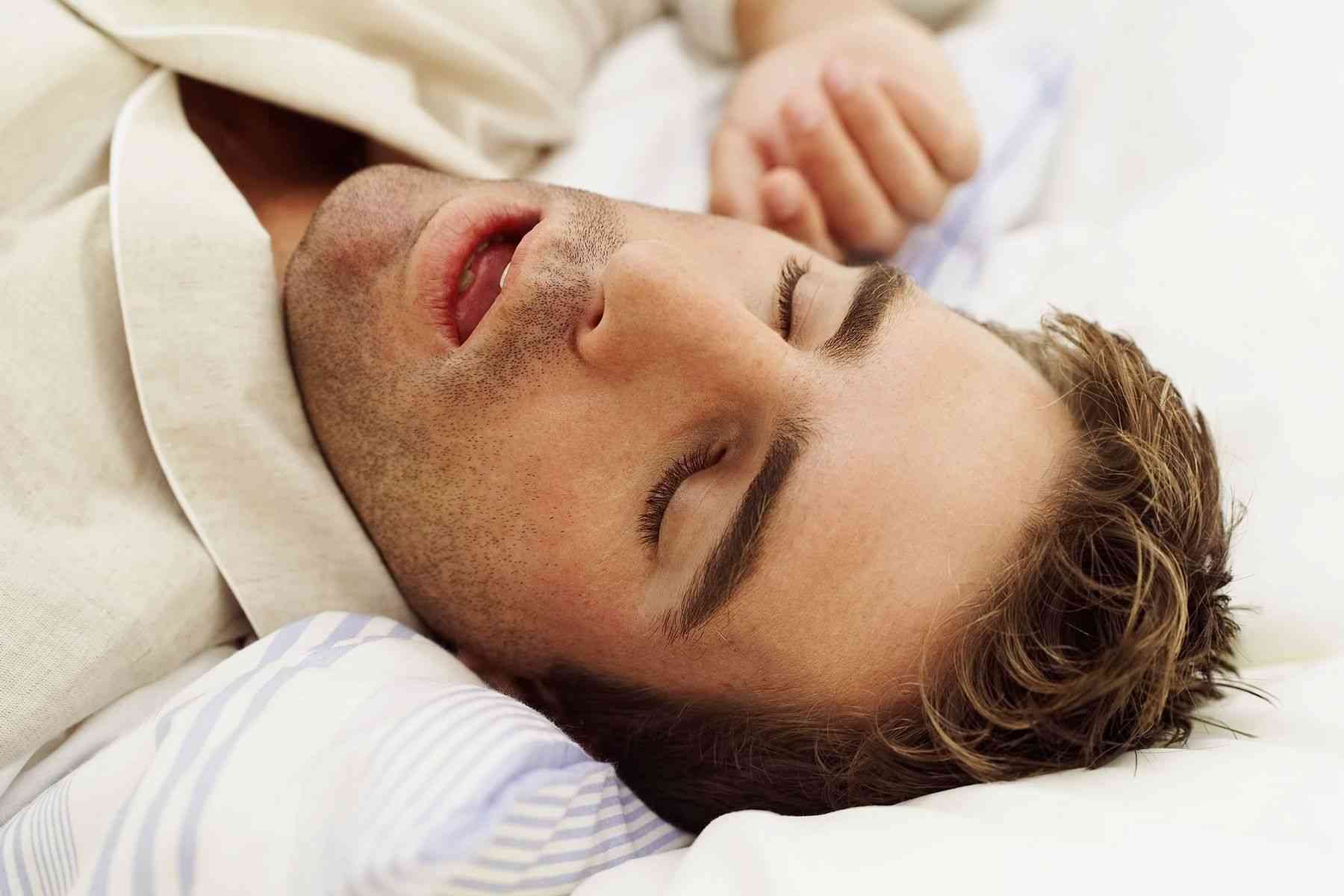
Your doctor can help you find a sleep apnea treatment that works best for you. But you can also do things at home to improve your symptoms. Some of them will even boost your health overall, and lower your chances for other medical problems.
Tip 1: Lose Weight if You Need To
Not all people with sleep apnea are overweight or obese, but about half are. If you have some extra weight, then slimming down — even by a few pounds — can often improve your symptoms.
In one study, 71 people with the disorder got either lifestyle counseling or joined a program that included a 12-week low-calorie diet. On average, those in the diet group shed 16 pounds. After 2 years, sleep apnea was much less severe for them than it was for the people who got counseling only.
Another study looked at how dropping pounds affected sleep apnea among obese people with type 2 diabetes. The people joined either a weight loss group or a diabetes management group for 1 year. On average, those in the weight loss group lost nearly 24 pounds, while those in the other group lost 1.3 pounds.
The effects of trimming down were even more dramatic in this study. More than three times as many people in the weight loss group wound up with no symptoms of sleep apnea at all. And among the people in that group who still had the disorder, it was much less severe after they slimmed down.
Tip 2: Limit Alcohol and Stop Smoking
You already know that lighting up and drinking too much booze aren’t the healthiest moves you can make. Did you know they can also make your sleep apnea symptoms worse?
Cigarette smoking increases swelling in your upper airway. That can aggravate symptoms like snoring and pauses in breathing.
Alcohol decreases the muscle tone in the back of the throat, which can interfere with air flow — the last thing you need when you already have breathing problems.
Tip 3: Eat Healthy
Some research shows that sleep apnea may mean you’re more likely to choose the unhealthy stuff at meals and snacks.
Continued
When you don’t get enough sleep, you might be more likely to crave carbs. Lack of Zzz’s and fatigue have also been linked with changes in the hormones leptin and ghrelin, which control your feelings of hunger and fullness. When you’re tired, you may want to eat more, and you might feel less satisfied when you do.
You don’t need to be overweight to have an unhealthy diet. In a study of 320 adults, those with more severe sleep apnea ate more protein, fat, and saturated fat than those who had a less-severe problem, regardless of how much they weighed.
Tip 4: Take Charge of Your Allergies
It’s no surprise that sleeping and breathing are harder when you’re stuffed up from nasal allergies.
Picture your airway as a long, muscular tube running from your nose to your windpipe. If your allergies aren’t under control, the tissues of your upper throat swell and make the airway narrow. With less space for air, breathing gets harder.
If you have nasal allergies, talk to your doctor about how to get them under control. It may help to use a neti pot or a saline nasal spray before bed.
Tip 5: Build a Good Sleep Routine
Shut-eye is an important part of good health. The catch is that sleep apnea makes it hard to get enough.
About half of people with the condition have most of their breathing problems when they sleep on their backs. So most doctors encourage people to try to stay in other positions.
But how can you get into the habit? Some doctors suggest a simple trick: Put two tennis balls into a tube sock and pin it to the back of your PJs.
Devices that improve breathing for people with the disorder, including a CPAP machine, can also help. Talk to your doctor about the best treatment plan for you.WH Family Dental Medical Reference
Sources
Tuomilehto, H. American Journal of Clinical Nutrition, October, 2010.
Foster, G. Archives of Internal Medicine, September 28, 2009.
Vakulin, A. Annals of Internal Medicine, October 6, 2009.
Vasquez, M. Journal of Clinical Sleep Medicine, October 15, 2008.
Oksenberg, A. Laryngoscope, November 2006.
Sheri Katz, DDS, president, American Academy of Dental Sleep Medicine; dentist, Decatur, GA.
Texas Heart Institute Heart Information Center: “Obstructive Sleep Apnea.”
National Sleep Foundation: “Sleep Apnea and Sleep,” “Sleep Hygiene.”




